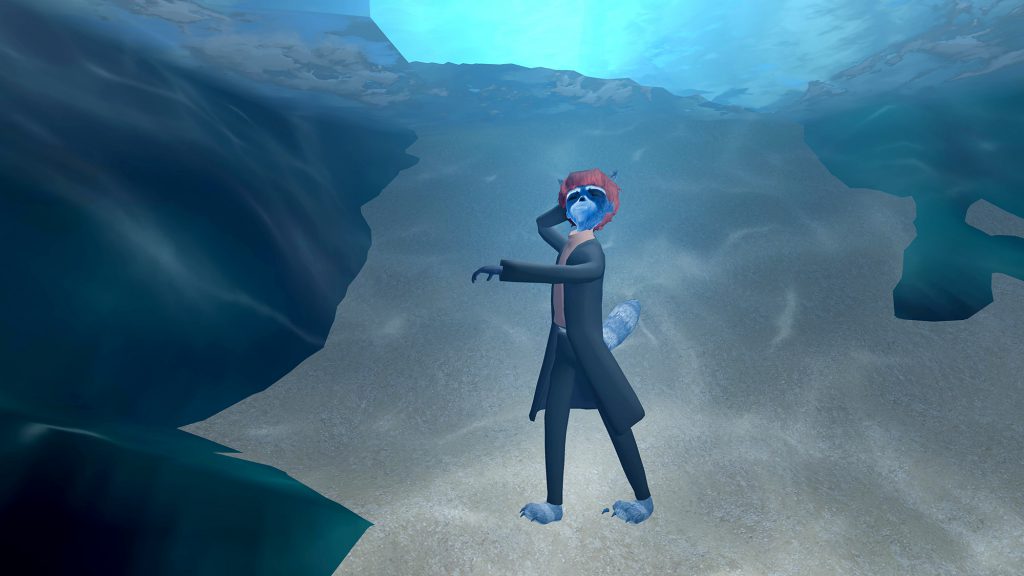
Ana María Millán, Happy People, 2020, video game, detail
Ana María Millán, Happy People, 2020, video game, detail

Drawing from the performativity of digital subjectivities and playing hostess to many persuasive political discourses, Ana María Millán’s artistic practice is shaped by a strong feminist ethic and marked by her participatory projects in collaboration with different constituencies. The artist works with gaming, live-action role-play, reenactment, and virtual worldbuilding as a means of social commentary. Her hypnotizing digital animations and drawings animate protagonists that embody a temporal experience and spatialize a narrative logic to chronicle present-day realities of ecological precarity and state and militaristic violence.
For the new video game Happy People (2020), Millán collaborated with a group of local LARPers, gamers, art students, and cosplayers in a character-building workshop in Gwangju. A special exploration of Korean animation history and reflections on gendered dimensions of online gaming and political unrest emerged from her collaboration with FAMERZ, a collective of feminist gamers active in South Korea. Alluding to the politics of coalition building and representation, the collective and participatory process of live-action role-play that involves mirroring and reinventing existing realities served as the starting point for Happy People.
Elevación / Elevation(2019) is a digital animation that Millán created during “Human Not Human,” a three-week role-play workshop hosted by the Bogotá Museum of Modern Art. Working with numerous co-participants, the artist explored narratives tangent to pop culture, violence, populisms, and the recent history of Colombia’s civil war. The project was inspired by the 2011 Colombian comic Marquetalia, Raíces de la Resistencia, which takes its name from the rural birthplace of Colombia’s FARC guerrillas. Millán refers to FARC and the armed conflict ongoing since 1964 to create a meta-text that hybridizes diverse languages sourced from online subcultures and vocabularies of land ownership, violence, and the optimism of the resistance.
Ana María Millán, Happy People, 2020, video game, detail